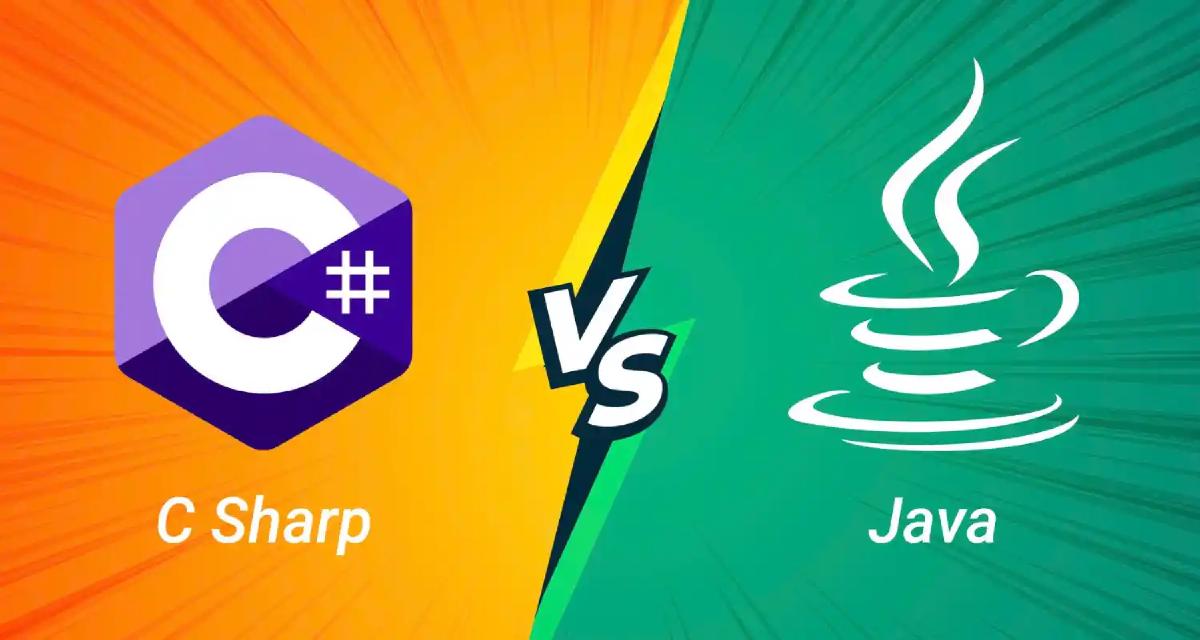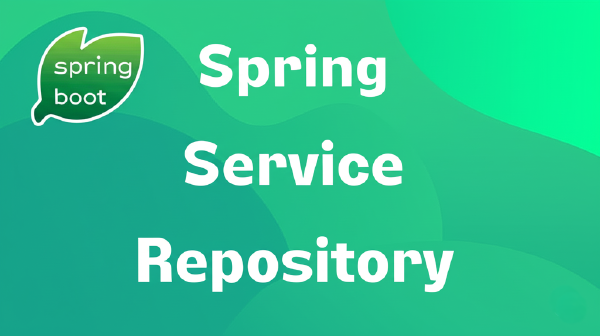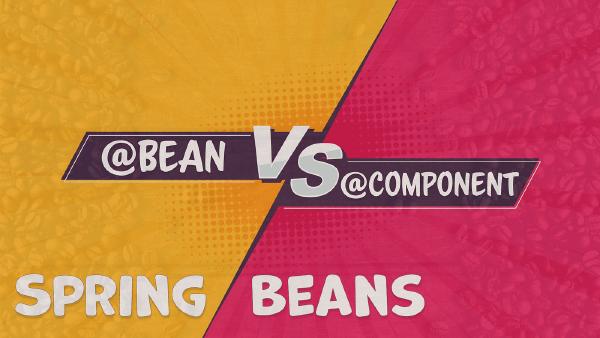When it comes to object-oriented programming languages, C# and Java are two of the most widely used and highly regarded languages in the software development world. Despite their similarities, they have distinct differences that set them apart in terms of syntax, platform compatibility, performance, and ecosystem. This article will provide an in-depth comparison of Java and C# to help you decide which one is best for your next project.
Overview #
C#, developed by Microsoft in 2000 as part of the .NET framework, was initially a Windows-based language. Over time, with the advent of .NET, C# has become a cross-platform language, supporting Windows, Linux, and macOS.
Java was created by Sun Microsystems (now owned by Oracle) in the mid-1990s, with a primary focus on portability and cross-platform compatibility. It is widely used in enterprise environments, web applications, and Android development.
Similarities Between C# and Java #
- Object-Oriented: Both Java and C# are purely object-oriented languages, following OOP principles like encapsulation, inheritance, and polymorphism.
- Garbage Collection: Both languages have automatic memory management via garbage collection, which helps avoid memory leaks by reclaiming unused memory.
- Cross-Platform Support: Although Java traditionally offered the advantage of “Write Once, Run Anywhere” with the Java Virtual Machine (JVM), C# has also become a cross-platform language with .NET, now known as .NET 9/10.
- Multithreading: Both Java and C# have robust support for multithreading and concurrent programming, making it easier to build high-performance applications.
Key Differences Between C# vs Java #
1. Platform Independence #
-
C#: C# was initially confined to the Windows platform using the .NET Framework. However, .NET (now .NET 9/10) allows C# to run on multiple platforms, including Linux and macOS, making it a viable choice for cross-platform development.
-
Java: Java is well-known for its platform independence. Java code is compiled to bytecode, which can be executed on any platform with a JVM, enabling it to run on Windows, Linux, macOS, and other systems without modification.
2. Syntax and Features #
-
C#: C# has more modern features, such as properties, events, delegates, and LINQ (Language Integrated Query). It supports more advanced constructs, including async/await for asynchronous programming. This makes C# a more feature-rich and flexible language.
-
Java: Java’s syntax is slightly more verbose compared to C#. Java uses exceptions and error handling mechanisms such as
try-catchblocks, and it does not have built-in support for properties, delegates, or events.
3. Performance #
-
C#: C# tends to have faster startup times and slightly better raw performance due to its compilation to Intermediate Language (IL), which is executed by the Common Language Runtime (CLR). C# has more direct access to Windows APIs and can be more optimized for desktop applications.
-
Java: Java is slower in terms of startup time, but its performance improves over time thanks to Just-In-Time (JIT) compilation by the JVM. Java is often considered a bit slower compared to C# in terms of execution speed but can be highly optimized for server-side applications.
4. Ecosystem and Frameworks #
-
C#: C# is closely tied to the .NET Framework and the .NET ecosystem. It supports ASP.NET for web development, WinUI and WPF (Windows Presentation Foundation) for desktop applications, and .NET MAUI for mobile development. The .NET ecosystem continues to grow, and C# is gaining traction in areas like cloud computing and cross-platform apps.
-
Java: Java has a vast ecosystem, especially for enterprise applications, Android development, and big data platforms. Popular frameworks like Spring (for web development) and Hibernate (for ORM) are widely used in the Java world.
5. Development Tools #
-
C#: C# developers primarily use Microsoft Visual Studio, one of the most feature-rich IDEs available. Visual Studio offers robust debugging tools, IntelliSense, and integrates seamlessly with Azure, SQL Server, and other Microsoft products.
-
Java: Java developers typically use IntelliJ IDEA, Eclipse, or NetBeans for development. These IDEs offer rich features and plugins for Java development, including debugging, code completion, and refactoring tools.
6. Use Cases #
-
C#:
- Windows Applications: C# is the language of choice for desktop applications on Windows, particularly using **WinUI", WPF and WinForms.
- Web Development: ASP.NET is a robust framework for web development with C#, used for building scalable and high-performance web applications.
- Game Development: C# is widely used in game development, particularly with the Unity engine.
- Cross-Platform Development: C# with .NET MAUI allows for the creation of cross-platform mobile applications.
-
Java:
- Enterprise Applications: Java is highly favored in large-scale enterprise environments, especially in finance, government, and healthcare sectors.
- Android Development: Java was the primary language for Android app development (though Kotlin has become more popular in recent years).
- Big Data: Java is heavily used in big data technologies like Apache Hadoop and Apache Spark.
- Cloud Computing: Java is widely used in cloud-based applications, particularly in Amazon Web Services (AWS).
7. Community and Job Market #
-
C#: C# is widely used within the Microsoft ecosystem and is also increasingly popular in the gaming industry due to Unity. The rise of .NET has made C# a strong candidate for cloud-based applications and cross-platform development, making C# developers highly sought after, particularly in game development and enterprise application development.
-
Java: Java has a massive and mature community, with a strong presence in enterprise applications, Android development, and backend systems. There is always high demand for Java developers, especially for roles in enterprise environments, big data, and cloud computing.
Conclusion #
Both C# and Java are powerful, versatile languages that have stood the test of time. The choice between Java and C# largely depends on the platform, the type of application, and the development tools you prefer.
- If you are working with the Microsoft tech stack, developing for Windows desktop apps, or interested in game development with Unity, C# would be ideal.
- If you are developing for cross-platform environments, need portability, or are working with Android, Java is a strong choice.
Ultimately, both languages offer robust features, strong communities, and solid performance. Understanding their strengths and weaknesses will help you decide which is best suited for your specific project.





